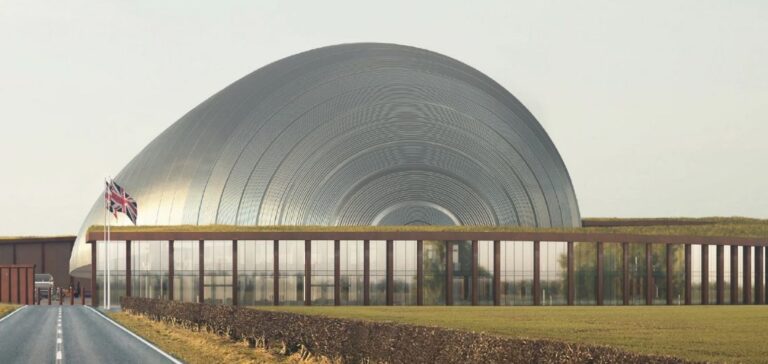Industriais, a state-owned company belonging to the Industrial Development Agency (IDA), has selected Rolls-Royce SMR for the Central Hydrogen Cluster in Poland. The project plans to produce 50,000 tons of low-carbon hydrogen per year with “up to three” SMRs.
Rolls-Royce SMR CEO discusses importance of MOU with Industriais
Tom Samson, CEO of Rolls-Royce SMR, said the agreement was “an important step” in the relationship with Industria and that Poland was one of its key international markets. He added that this partnership could support thousands of highly skilled jobs in Poland and the UK.
For Cezariusz Lesisz, Chairman of the Board of Directors of IDA, the cooperation with Rolls-Royce SMR was afavorable opportunity for the development of a high-tech industrial base for nuclear energy in Poland.
Szczepan Ruman, CEO of Industria, said that participation in the supply chain for Rolls-Royce SMR was a “great opportunity” for industry in southern Poland and that he aimed to create jobs and ensure strong participation of Polish industry in the SMR industry of the future.
Rolls-Royce SMR: a design based on a small pressurized water reactor
Rolls-Royce’s SMR is a 470 MWe design based on a small pressurized water reactor, and the company hopes to have the first one in operation in the UK by the end of the decade. Poland is moving toward large-scale nuclear power as part of its decarbonization plans.
In conclusion, the selection of Rolls-Royce SMR for the Central Hydrogen Cluster in Poland is an important step in the relationship between Industriais and IDA. The project could support thousands of highly skilled jobs in Poland and the UK and contribute to Poland’s energy transition to clean nuclear power.





















